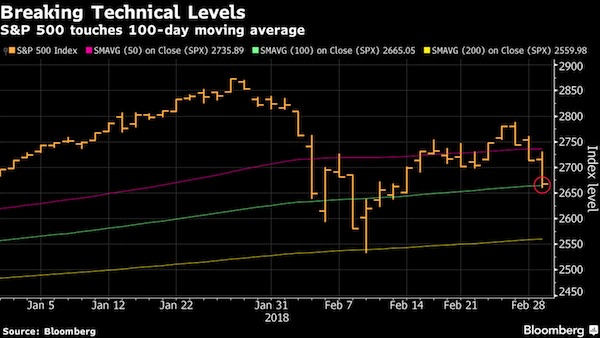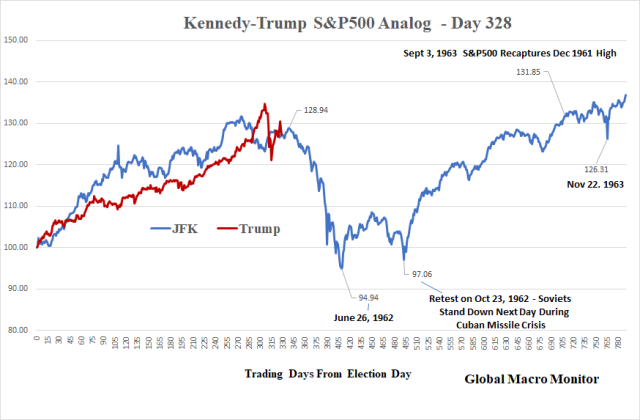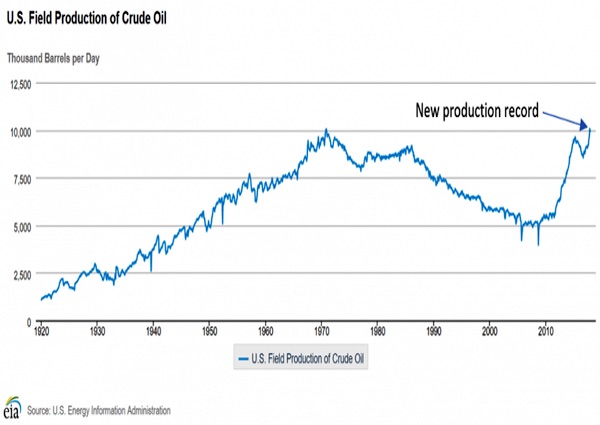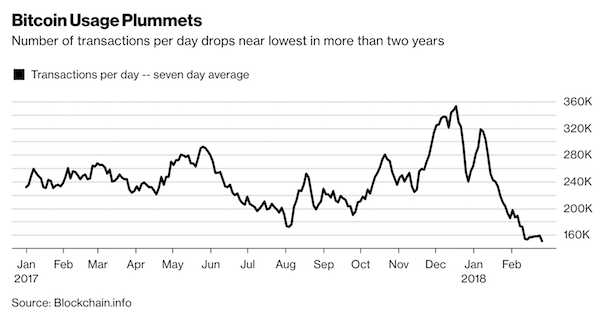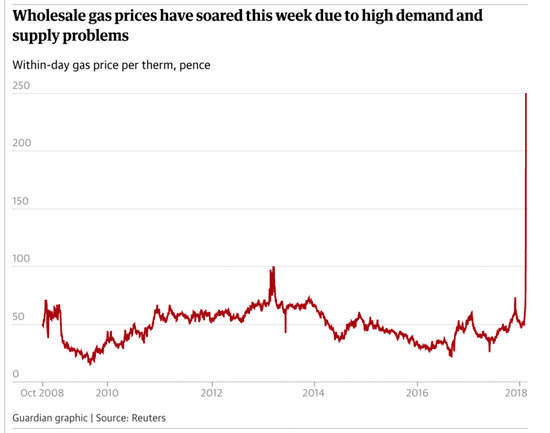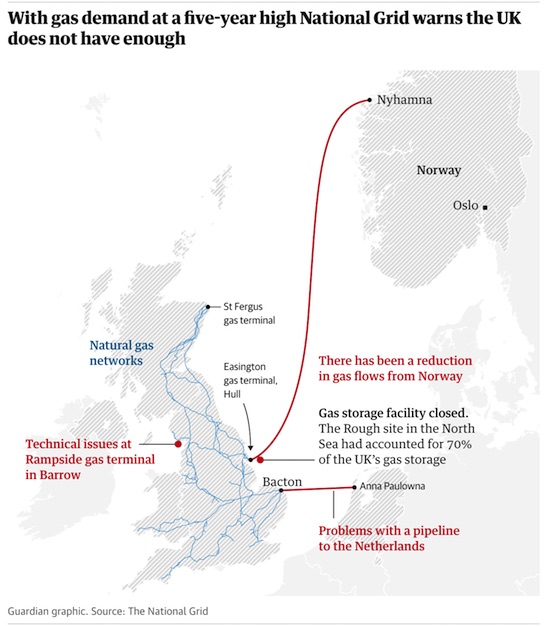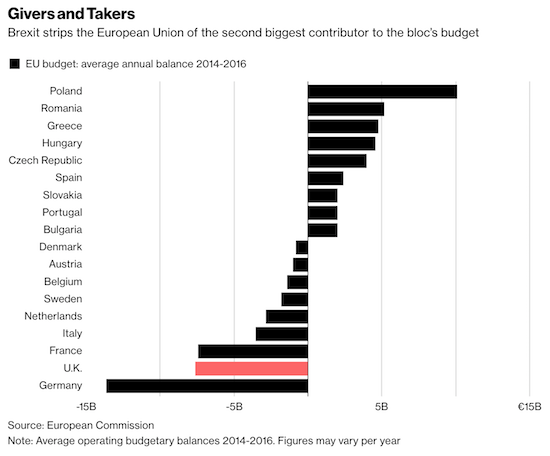
René Magritte Personal values 1952
Commenting on my own essays has never been my favorite activity, because before you know it you land into Russian doll territory. But a few recent comments from readers have me rethinking that, for once.
Of course I understand that my expressed views over the past two years and change on the era of Donald Trump and his presidency do not please everyone out there, whether they’re long time Automatic Earth readers or new to the site. It’s just that a surprising -to me- number of people let their thoughts and opinions be shaped by media that primarily follow the color of politics and money, not objective facts.
Or perhaps it shouldn‘t be all that surprising, given the amount of attention the mainstream media still manages to gather. Then again, if the MSM would have been right on more issues, there would never have been a place for the Automatic Earth and many other ‘alternative’ media sources. So yeah, I’m a bit of two minds on that.
What I am sure about is that I don’t think the advent of Donald Trump has been the main event since 2016, I have very few illusions about US politics. For me the big story has been how the media has shifted from reporting the news to manufacturing it. I’m seeing the Russiagate narrative falling apart in real time right now and I think: I saw that coming, because none of all those collusion stories were based on facts to begin with.
And I’ve said exactly that for two years now as well. It started off with supporting their favorite candidate, who was a shoe-in anyway, then it turned into being angry when she lost, and it ended up with figuring out that denouncing Trump ten times a day was a goldmine that could save entire papers and TV channels, because Americans are addicted to scandals, even if they’re invented and/or inconsequential.
In my view, media making up stories and narratives from scratch is a much bigger threat to America than Donald Trump. Obviously, people believing the made-up tales is just as bad. You don’t have to be pro-Trump, let alone even like the man, to be very wary of reporters and papers and news channels and everyone and their pet hamster with a social media account, publishing a dozen anti-Trump stories every single day, most of them entirely made up and most of the rest just plain dumping on him.
And you certainly don’t need to be pro-Trump to point out that this is happening, or to agitate against it. But that’s how it’s presented, and that’s how many people, including no doubt many readers of the Automatic Earth, see it. In this day and age, if you wander too far from what the MSM tell you the truth is, you get punished even by somewhat smarter people.
If you don’t support the anti-Trump narrative, and elect to stay out of that echo chamber, you become a Trump supporter. And we all know what happens when you actively resist the narrative.
The reason why one so easily gets labeled a Trump supporter only for pointing out that stories contain no facts, provokes interesting questions, but none of them will have me shy away from saying what I think of it. I mean, just take a look at the Reuters/Ipsos poll that came out last week, which shows that Americans have made up their minds about Trump-Russia way ahead of the Mueller report being published.
Only a small number of Americans have not yet made up their minds about whether Donald Trump’s 2016 election campaign coordinated with Russian officials, according to new Reuters/Ipsos polling, which also showed deep divisions in the United States in the run-up to the 2020 presidential election. Eight out of 10 Americans decided almost immediately about Trump campaign ties to Moscow and only about two in 10 appear to be undecided; about 8 in 10 Democrats said they thought the Trump campaign colluded with Russia, while 7 in 10 Republicans said they did not.
Now how is that possible, the majority ‘knowing’ what to believe without knowing the facts? Easy, the media made up their minds for them, and they did it without knowing the facts either. A much bigger story than Trump. And you would think old-fashioned journalism could have gotten a lot of real dirt on the Donald, but the entire MSM chose to go for unproven smear instead..
The Old Gray Lady and her consorts have made it entirely acceptable to disrespect the Office of the President of the United States. They’ve made doing so an honorable thing to do. All on the basis of rumors about Vladimir Putin pulling Trump’s strings. How this can fail to have terribly dramatic consequences for the US I do not see. Once the respect for the office is gone, how do you get it back? By putting a different questionable person in it?
But now I’m doing what I swore not to do: repeat myself. Inevitable when commenting on your own essays perhaps, but still. So let’s move on to the comments. Both came in by private emaiI, and I haven’t asked for permission to use real names, so they’ll be anonymous.
The first one was from a highly respected -and not just by me- retired US professor and writer I’ve had contact with for a decade or so, and came after I published The House Hit A New Low, commenting on Michael Cohen’s testimony before the House on February 27. Which I thought was about nothing at all, “A phishing expedition with a willing whale in the center who sort of volunteered to be harpooned..”, other than Democrat showboating.
But my friend the professor wrote:
Just so you know……… I thought Cohen courageous, believable and completely on target. I think people see what they are predetermined to see…. You and I see different things. As Congressional Republicans and apparently you do not see the problem is Trump, and as he said those who are blinded by him. Not Cohen. We should all speak out. The “conservatism” of your columns sometimes annoys me, but your insights are often good. I try to get different perspectives.
As I said above, and often before, I agree that “people see what they are predetermined to see”. It’s just that I think that originates at the NYT, WaPo, CNN, and my friend does not. But what struck me in his comment is him calling my writing “conservatism”. Nobody ever called me that, I don’t see myself that way, and I doubt that anyone did before I started talking about the way Trump has been treated.
And again, you don’t have to like Trump to dislike the made-up narratives that dictate what ‘news‘ in America has turned into. And that’s not conservative. Not that I think that conservatism is a wrong thing per se, but I don’t see many ‘conservatives’ these days conserving anything at all, other than their privileges.
See, I would think MAGA means protecting bald eagles, mountain lions, humpbacks and even mom-and-pop stores, but what counts as conservative today is the opposite of that. It basically revolves around making a few people rich at the expense of everyone else and the natural world they all depend on for their survival.
Other than that, as I said, I have few illusions about US politics, on either side of the aisle. Which is why I welcomed Trump three years ago, and I welcome Ocasio, Tulsi Gabbard and Ilhan Omar today: something better change, because if things don’t change fast, we’re bound to see the 21st century American version of pitchforks; yes, that would be rifles and handguns.
I hope perhaps that clears things a up, even if just a little, for my friend. But still, I didn’t think Cohen looked “courageous, believable and completely on target”. I thought he looked like a worn out tool of Nadler and Schiff’s committee, telling obvious lies about not having asked Trump for a White House job or a pardon. But let’s agree not to agree.
Then I mentioned the professor’s mail in the Automatic Earth comments section the next day, saying:
Someone mailed me yesterday talking about the conservatism of my columns. Never saw that before. And I don’t agree. Raging against the empty narratives of the anti-Trump machine does not make me a Trump supporter. (People should read more carefully. The world is not divided into two camps.)
… and a second mail came from someone who’s, let’s say, one of my more critical readers (he seems to think I’m full of it, and uses that as a reason to keep reading me):
You’re right: to the extent that you agree with anything Trump says or does to reduce US aggression in different parts of the world, the anti-Trumpers should be shouted down.
You’re wrong: your refusal to even mention racism, sexism, anti-democratic voter suppression, gerrymandering, campaign finance laws, electoral college, gun control, health care, tax cuts and the wholesale attack on the environment by Trump and Republicans (Trump is representative not an outlier among Republicans) is what makes you conservative.
Your silences speak louder than anything you say or print. Your alleged concern for the environment is comical compared to your total silence on American (Trump) policies on the environment. Keep up your selective silences. Its what you do best.
That’s a nice list, but it doesn’t appear to be all around fair. Criticizing Trump over all these things is at best a double-edged sword. But first of all, I don’t refuse to mention them, but I’m not here to provide a fully balanced picture. I’m here to balance out the one-sided positions the Old Gray Lady vents on a daily basis and 27 times on Sunday.
As for racism and sexism, I see those as America-wide issues, not Trump issues. Anti-democratic voter suppression: go ask Bernie Sanders and Debbie Wasserman-Schultz. Gerrymandering ditto. And campaign finance laws. How one can hold such things against Trump and not others in US politics is beyond me. But let’s talk.
The electoral college problem, if it indeed is one, has absolutely nothing to do with Trump. America as a society would need to come together to move to the popular vote. But what are the odds of any such unity happening given the anti-Trump campaigns?
Gun control: I can’t recall Obama doing anything much about that, so how can one hold it against Trump? Guns seem to be too big a problem for the US to deal with, and I see it leading to the American version of France’s pitchforks: the one tool the unwashed masses have left to defend themselves and get their grievances across. A good thing? No. But Trump’s fault? No.
When it comes to health care, things are a bit more confusing and clearer at the same time. The conservatives who conserve dick all, stand quasi-united against universal health care, while the Democrats, who long held a similar position, are starting to shift.
Health care is a much more worthy topic than the ones before mentioned in that comment, but that particular discussion, like so many others, has been stifled by the neverending accusations of Russia collusion that the MSM have placed -the vast majority of- their bets on.
Trump has been president for two years, and not one day has gone by in which he was not accused of sitting on Putin’s lap in some way or another, so how are you going to get him to open up to your different point of view? He’s had to retreat into his trenches just to survive and go about the business of being a president. He was never given a chance to open up and change his mind. Is he to blame for that?
What else was there? Tax cuts. Yeah, well, conservatives and their privileges. And a short-term way to make the economy look better. Long-term economic benefits? Maybe not so much. But don’t let’s go there, because Pandora would open and reveal, again, very little that’s Trump-specific. It’s simply Washington.
Last thing is the environment, and because I post many articles on that topic in my daily news aggregators, it’s obvious that my views are not the Donald’s. But that, again, is conservatives refusing to conserve. It’s not just Trump, and it’s not just Republicans either. From what I see, America has destroyed far too much of its natural world already, and I haven’t seen a single voice in Washington with a convincing story to stop it, not AOC and the Green New Deal either.
To summarize: the Automatic Earth has sought, and continues to seek, to provide a balance vs one-sided ‘news’, because it is a much bigger problem than any single presidency. Reporting in the age of Trump has not just been one-sided, most of it has been outright falsehood. Why does it happen? Because it sells. You are prone to believe fictional accounts, you have a tendency to become addicted to scandal, and so you are targeted.
Now, the reason the Automatic Earth exists is that it tells people things they don’t want to hear. That goes for the odd professor, no matter how much we appreciate him or her, for all those who dislike an individual like Donald Trump so much they let others form their opinions for them with trumped-up narratives, it goes for Trump himself, and for everyone else we think fail to think for themselves any longer.
If your opinions are shaped by people who seek to make a profit off of doing that for you, you are merely one among millions who fall into the same trap. It’s ironic and funny too that the Old Gray Lady et al could never have started out on their new business model without the internet and the social media it spawned, while the very same business model makes entities such as the Automatic Earth necessary.
It gets more ironic still: the MSM developed the model because the old one, just plain reporting, wasn’t paying them enough to survive. Orwell was never that easy to understand. After all, he was talking about things that existed only in his mind’s eye when he was alive, and came alive themselves long after he was gone. But look at us today.
One last thing: I can’t perhaps speak for the entire Automatic Earth, because Nicole Foss, though she may have been silent for a while, appears to detest Donald Trump. That gives her and I something to talk about.



